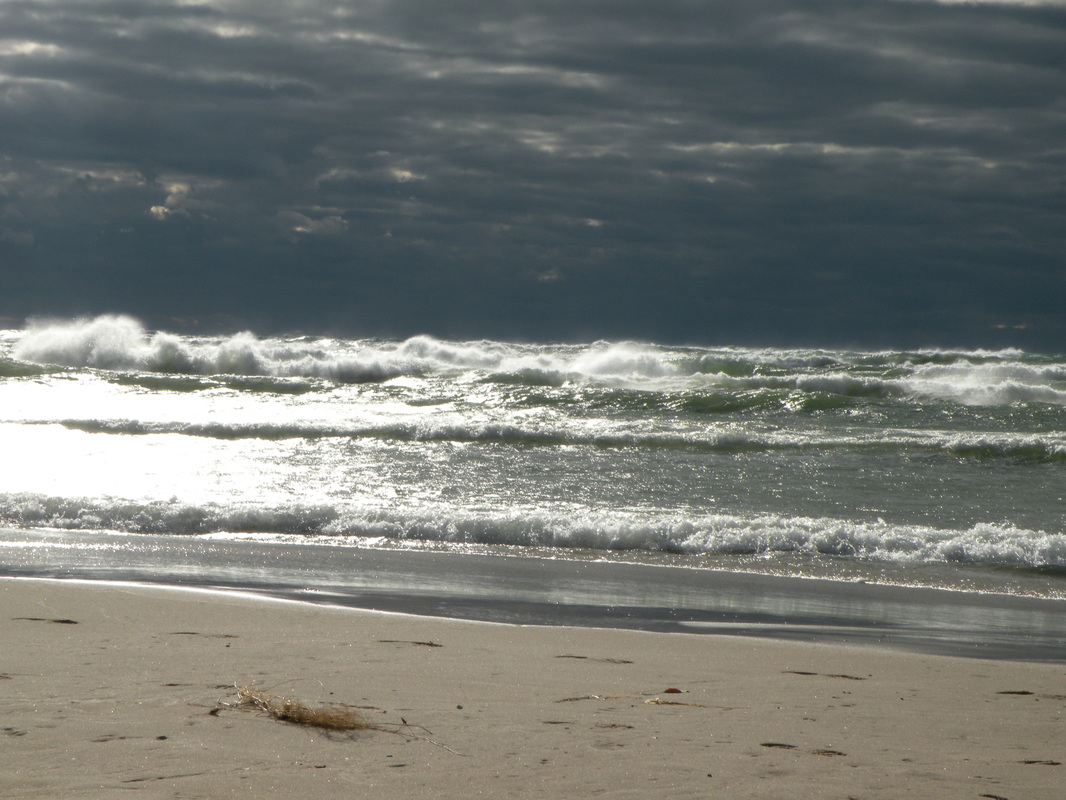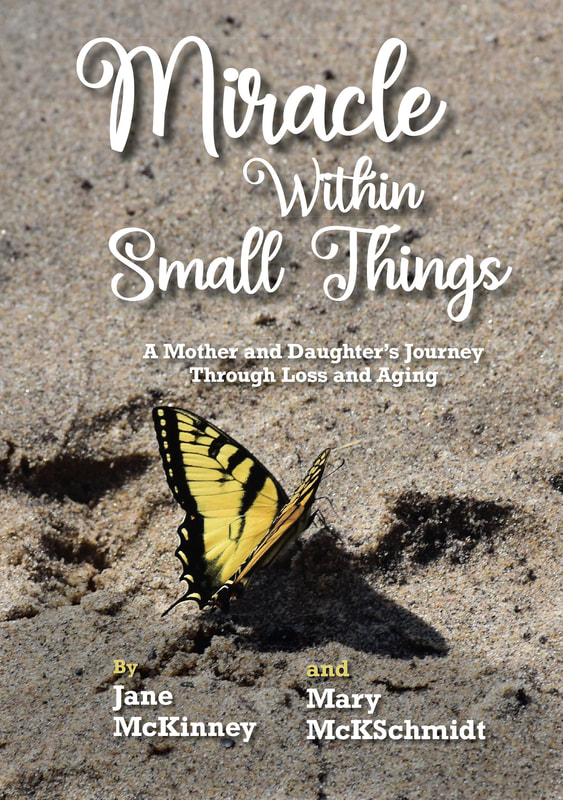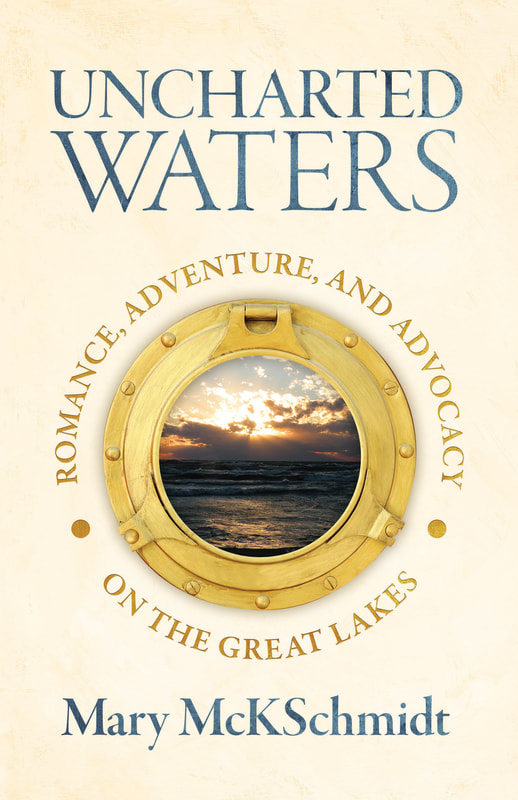elected officials work for “we, the people,” I feel responsible to the 100,000 residents of Flint whose drinking water has been tainted with excessive levels of lead for the last two years. Three things bothered me while in Florida, and when I returned home and began researching the details, shame morphed into anger. 1.) It was state-appointed emergency manager who made the decision to switch Flint’s source for clean, safe drinking water. And yet, I remember the citizens of Michigan voting AGAINST the governor-appointed emergency manager referendum placed on the ballot in November of 2012. The primary concern of voters was that the law, originally enacted in 2011, gave significant power to state-appointed officials, to people not elected by the people of a community, nor accountable to them. It flew in the face of a democracy. And yet, in December of 2012, less than a month after the citizens of Michigan made their wishes known, state lawmakers designed a new bill that gave financially troubled governments four options, all ultimately resulting in state oversight. Choosing one of the options was mandatory. This time, the new bill included appropriations for funding the salaries of the emergency managers. Bills with appropriations are not subject to voter referendum. Governor Rick Snyder signed the new bill into law on December 27, 2012, less than sixty days after voters defeated the original bill. 2.) I remember as a young woman, standing under a scorching sun in Africa. I was penniless at the time, jobless, and desperate for a glass of water. My only recourse was to steal the water I needed to survive. No one in this country, or any country, should be in that position. Under Roman law over 2,000 years ago, water was established as a common resource owned and shared by the public. The responsibility of governments was to ensure the people have access to “the air, the running water, the sea, and shores of the sea.” Now called the Public Trust Doctrine, the concept was reinforced under the Magna Carta in 1215. Shared resources, like our water, were to be preserved in perpetuity for the use and enjoyment of the public. And governments, like private trustees, were judicially accountable to their beneficiaries in managing and protecting public trust properties. It is a concept adopted worldwide, a fundamental principle on which our democracy is based. Michigan’s government, my government, violated that principle. And for that, all involved should be held accountable--investigated and judged by the laws of this land. 3.) When I see truckloads of bottled water shipped anywhere, I cringe. National Geographic for Kids reports that for every six water bottles used, only one makes it to the recycling bin. The rest are either sent to landfills—where it takes an average of 450 years for the plastic to decompose, or dumped as trash, littering our streets, land, and water. Certainly I find plastic bottles when walking Lake Michigan’s shores. Not as many as the balloon ribbons that fill my bag, but still plenty. Former Flint resident and film producer Michael Moore made a public plea for people to quit sending bottled water to Flint. It’s a short-term fix, he says. We would have to send 200 bottles per person per day to meet the average water needs. That equates to 20.4 million 16 oz. bottles of water per day for the next one to two years until the pipes are repaired and/or replaced. A better solution, he suggests, is to deliver two 55-gallon drums to every home in Flint. The drums can be refilled with Lake Huron water filtered safely by Detroit, and delivered by trucks to Flint residents. Logistically, it is a much smarter solution. But there are other reasons I like his idea. Bottling water, the world’s scarcest resource, is the first step in the privatization of water for profit. And that is wrong. Secondly, while the Great Lakes governors and two premiers from Canada created the 2008 Compact to protect Great Lakes waters from diversions outside the region, water shipped in containers less than 5.7 gallons is not included in the agreement. It’s a loophole. In other words, companies and governments cannot build pipelines or fill freighters to drain the Great Lakes without agreement from all ten government entities, but they can build water-bottling plants. The more bottled water is splashed across the news as the “safe” drinking water, the more those with the financial means will resort to drinking bottled water. And the bottled water most likely will come from the Great Lakes region, profiting companies, not the people. Flint teaches us that we cannot assume our elected officials will automatically prioritize clean, safe water. The monies flowing into the Great Lakes Restoration Initiative for the last five years, happened because people and organizations in this region chose to make our water a priority with federal representatives; chose to create a voice so loud, so powerful, it could not be ignored. We can, we must, do the same at the local level, one community at a time. I live in a democracy and for that I am very grateful. Sometimes it takes a crisis to remind me that a democracy is only as good as people are informed and involved. And so I will ask all elected officials soliciting my vote what they plan to do to ensure the water coming from my tap is clean and safe. I urge you to do the same. My message: In this Great Lakes region, where we are blessed to live adjacent to the world’s largest body of fresh surface water, it is a disgrace that two cities in the last two years have not had access to clean, safe drinking water. Please let me known what you are doing to ensure this NEVER happens in our community, in this place we choose to call home. While we can live without a lot of things, clean, safe water is not one of them. My vote will go to those who choose to make fresh water a top priority! Background: In 2014, a state-appointed emergency manager switched the source of Flint’s drinking water from the Detroit municipal water sourced from Lake Huron to the corrosive Flint River. The river water was not properly treated to prevent corrosion in the aging pipes, causing lead from the pipes to leach into the drinking water, significantly elevating levels of lead in Flint residents. Decades of research have shown there is no safe level of lead exposure.
4 Comments
Lynn Smith
1/29/2016 12:33:24 pm
Mary, I have been reading everything I can regarding Flint, but none of it has been better than your blog. Please stay with this story....we need your voice.
Reply
Eric Stemle
1/29/2016 03:34:14 pm
I have been searching my heart to identify the myriad emotions that I feel about the Flint situation, Mary. Anger is certainly one. Disgust flavored with a resigned cynicism toward current Michigan politics is another. Horror at the thought of children who have been irrevocably damaged by a policy that's danger was clearly known to its perpetrators. More than anything, I feel a deep sadness. Though I have lived far away for many years, Michigan remains my home. How have we allowed the thieves to steal the security that a home should provide?
Reply
Barb Ferguson
1/30/2016 06:08:02 am
Thank you for the information and insights you so eloquently share, Mary! You also give me hope - that there may actually be some action, some voice that can make a difference.
Reply
Mary Ellen Miller
2/1/2016 11:43:46 am
This tragedy is so disheartening because it was the result of failure of government officials at every level. From the authorities in Detroit who cut off the supply of water to Flint a year before their new system would be ready, to the Emergency Manager of Flint who made to decision to switch to Flint River water, to the MDEQ who saw no need to pre-treat that water, to the EPA who found no problems to exist. I saw on the news last night that an Italian scientist has a relatively simple filter that can be installed in the faucets of homes. Here's hoping they can come up with some kind of solution at that level because trucking water into the city, in any form, is not a long-term solution. Thanks for your passionate attention to this crisis, Mary. Public officials need voices like yours to keep their feet to the fire.
Reply
Leave a Reply. |
From briefcase to pen, paper and camera, one woman's journey to influence
how we care for the environment, our seniors, each other. Available
from your local bookstore or online retailer 
The Ideal Gift Tiny Treasures, a collection of wildflower photographs and poetic prose, available by contacting me. The 2nd Edition of Tiny Treasures is designed for use on PCs, tablets, and phones and is available at online stores. To learn more, click on the Ibook/Ebook button below:
|




 RSS Feed
RSS Feed
